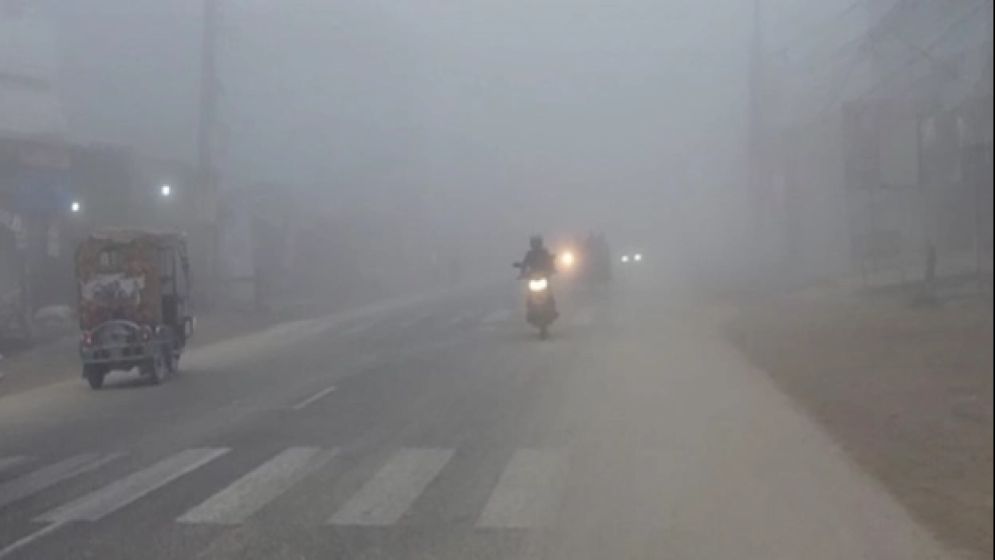
Dhaka,
Dec 15 (UNB) - Bangladesh is currently facing its first tangible cold wave of
the season, with temperatures dropping sharply across various regions.
According to the
Bangladesh Meteorological Department (BMD), a mild cold wave is sweeping over
the northern and western districts, including Panchagarh, Rajshahi, Jashore,
and Chuadanga.
This weather pattern is
expected to persist over the coming days, accompanied by dense fog in many
areas.
The Meteorological
Office reported that the lowest temperatures were recorded in northern
districts, with conditions expected to remain challenging through mid-December.
The cold wave is being
driven by the extended influence of the subcontinental high-pressure area over
the West Bay of Bengal and adjoining areas.
Meanwhile, the
low-pressure system in the South Bay of Bengal, extending toward the North Bay,
continues to influence local weather patterns.
International weather
agencies have corroborated the forecasts, noting that Bangladesh is currently
experiencing below-average seasonal temperatures.
Historical data
indicates that December lows in the country typically range from 15°C to 19°C,
while current readings in several districts have dropped to single digits, with
Tetulia and Chuadanga recording some of the coldest temperatures.
Looking ahead, the BMD
forecasts that nighttime temperatures may decrease slightly over the next three
days, while daytime temperatures may rise marginally.
Moderate to dense fog is
expected to persist during the early hours, especially in northern and central
regions.
By Tuesday, both day and
night temperatures may see a slight increase, offering some relief from the
current cold spell.
International agencies
also predict drier weather conditions in Bangladesh through December, with no
significant rainfall expected.
This is consistent with
the seasonal pattern, as December typically experiences the lowest rainfall of
the year.
Weather models further
suggest that the extended high-pressure system over the region may keep
temperatures suppressed until late December.
Residents are advised to
take precautions against the cold, particularly during nighttime and early
morning hours.
Vulnerable populations,
including children and the elderly, are urged to avoid prolonged exposure to
the cold.
END/UNB/SAM
